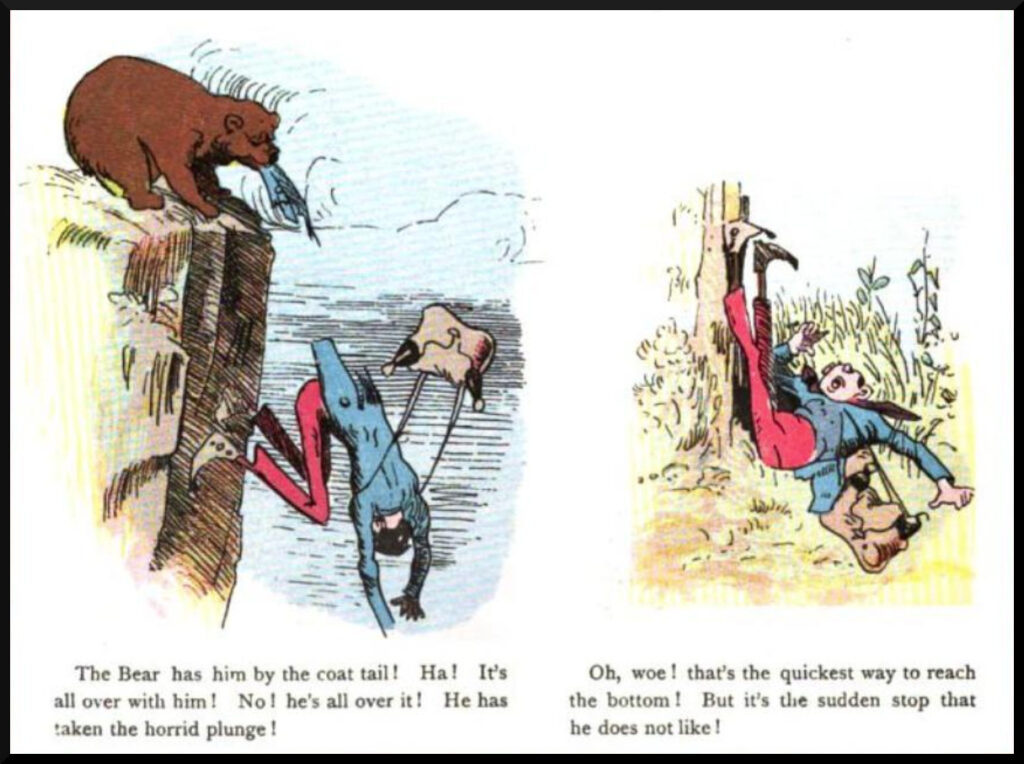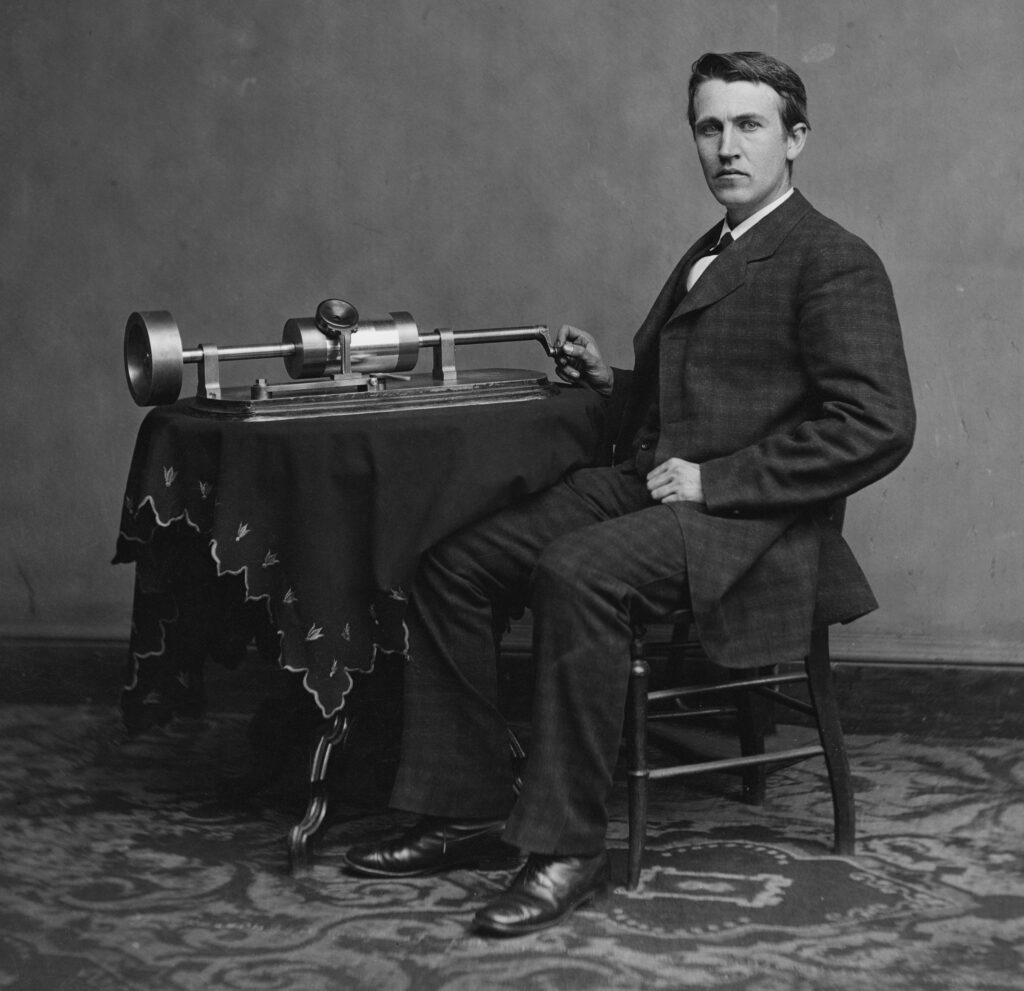Mao Zedong? Zhou Enlai? Eduard Shevardnadze? Andre Malraux? Anonymous Official? Apocryphal?

Question for Quote Investigator: A popular anecdote claims that a high-level U.S. politician once met with a Chinese official during the 1970s, and they began to talk about the French Revolution. When the Chinese official was asked about the impact of this momentous historical event he replied: “It’s too soon to say”.
This response has been attributed to two important Chinese leaders: Mao Zedong and Zhou Enlai. I am skeptical because I have not found any solid citations. Would you please explore this topic?
Reply from Quote Investigator: This anecdote is difficult to trace because the details of the story vary. This article presents a snapshot of current research.
A fascinating precursor appeared in a lecture delivered in 1939 by New Zealand journalist Guy Hardy Scholefield. Boldface added to excerpts by QI:1
To understand what is happening in the world to-day we must look back at least as far as the revolt of the North American colonies. A Chinese philosopher protested with genuine surprise that it is still too early to know what was the effect of the French Revolution.
This citation shows that the notably equivocal response was being attributed to an anonymous Chinese philosopher by 1939. QI does not know whether the similarity with the 1970s anecdote was coincidental or not.
The earliest close match for the 1970s anecdote located by QI appeared in a 1978 speech by British politician and historian Alun Gwynne Jones delivered in the House of Lords as recorded in the Hansard:2
. . . a story which Dr. Henry Kissinger tells of an experience which he had in Paris at the time of the negotiations about the Vietnam war. One evening after a long and hard day’s negotiating, he and the other diplomats and politicians were sitting around in the home of their French host.
They were discussing the events of the day when the French ambassador, the host, wishing to lift the level of conversation somewhat, asked whether they could have a short conversation about what had been the effect of the French Revolution on the political development of the world.
He turned first to Henry Kissinger and said: “Secretary of State, could you say a word about the effects of the French Revolution on the political development of the United States?” Henry Kissinger, being an expert in this kind of thing, delivered a beautifully rounded lecture mentioning such names as de Tocqueville and Lafayette and reviewing all the political developments in the United States.
It was an enormous success; indeed, so much so that the French ambassador, much emboldened, turned to the Chinese representative, a very wise and ancient gentleman, sitting next to Henry Kissinger. He said: “Tell me your Excellency, what has been the effect of the French Revolution on the development of your country?” After a brief pause the Chinese gentleman said: “It is too early yet to say.”
I think that that example makes a real point, which is that the Chinese feel themselves to be part of a great historical development.
In 2011 an illuminating citation about this anecdote appeared in the “Financial Times” of London. The article by journalist Richard McGregor stated that the quotation was spoken by the Premiere of China Zhou Enlai. The question about the French Revolution was misinterpreted. Zhou Enlai thought the referent was the recent 1968 student riots in Paris and not the 1789 storming of the Bastille. Hence, Zhou Enlai answered, “Too early to say”.
This claim was based on comments from U.S. diplomat and interpreter Chas Freeman who was present during the exchange:3
. . . Chas Freeman, a retired foreign service officer, sought to correct the long-standing error.
“I distinctly remember the exchange. There was a mis-understanding that was too delicious to invite correction,” said Mr Freeman.
He said Mr Zhou had been confused when asked about the French Revolution and the Paris Commune. “But these were exactly the kinds of terms used by the students to describe what they were up to in 1968 and that is how Zhou understood them.”
The article also presented the viewpoint of sinologist Geremie Barme of the Australian National University:
Dr Barme added that Chinese researchers with access to the foreign ministry archives in Beijing said the records made clear that Mr Zhou was referring to the 1968 riots in Paris. The Chinese archives also record Mr Zhou’s conversation as being with Henry Kissinger.
Below are additional selected citations in chronological order.
Continue reading “Dialogue Origin: “What Has Been the Impact of the French Revolution?” “It’s Too Early To Tell””







